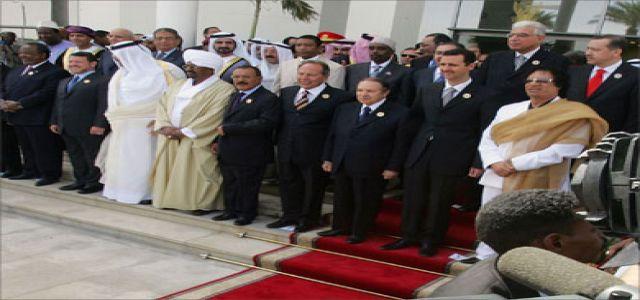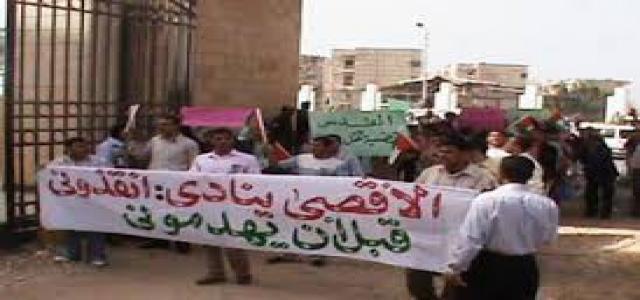- DevelopmentPalestine
- March 29, 2010
- 4 minutes read
Hamas: The Arab summit’s fell short of Palestinians’ hopes

Hamas asserted that no solutions were provided for the nation’s problems.
In a press release, Hamas maintained that "The Arab summit did not address Israel’s arrogant attitude towards the occupied city of Jerusalem and its threat to demolish the Aqsa Mosque".
It also warned that the summit’s adherence to peace negotiations as a strategic option without looking for alternative choices especially the resistance option would augment the arrogance of Israel.
Hamas pointed out that the repeated idea of resuming indirect negotiations with Israel if it froze its settlement activities was already tried by the Arabs when Israel responded to their follow-up committee with further settlement projects in the heart of Jerusalem.
The resistance Movement also expressed dismay and regret at the ineffective position of the Arab summit towards the Israeli blockade on the Gaza Strip, saying that the summit did not adopt any serious or practical steps to break the siege, but it settled for urging the besieging parties to lift it.
The Movement stressed that the Rafah border crossing is under the control of Egypt and the summit’s talk about holding the Israeli occupation responsible for the blockade does not absolve the Arabs from their role in opening this crossing.
In another context, the Arab summit witnessed a sharp argument between Syrian president Bashar Al-Assad and Mahmoud Abbas over the Arab support for the Palestinian resistance.
Al-Jazeera reporter said that the Syrian president stressed the need for supporting the Palestinian resistance as the strategic option for Arabs and Palestinians, while Abbas insisted stubbornly on his rejection of the armed resistance and his support for the option of peace negotiations with Israel.
Al-Assad, for his part, emphasized that the price of the resistance is less than the price of running behind defeatist solutions, and called on the Arab leaders to either support the resistance fully or at least to halt any initiatives towards Israel.
For his part, Syrian foreign minister Walid Al-Muallem affirmed that his country is not party to any statement issued by the summit regarding the indirect peace negotiations between the Palestinian Authority and the Israeli occupation.
He added that Damascus was and is still against any kind of negotiations with Israel and its position was proven right when the Israeli government decided to expand its settlement activities in Jerusalem.
For his part, Israeli premier Benjamin Netanyahu on Sunday responded to the Arab summit’s appeal for freezing settlements as a condition for the resumption of peace negotiations, affirming that Israel will maintain its vital interests.
During his government’s weekly meeting, Netanyahu said that the Arab summit discussions would not contribute to advancing the peace process and the Arabs especially the Palestinians did not show any sign of moderation towards Israel.



